Home>Gardening & Outdoor>Landscaping Ideas>What Does Epsom Salt Do For Lawns
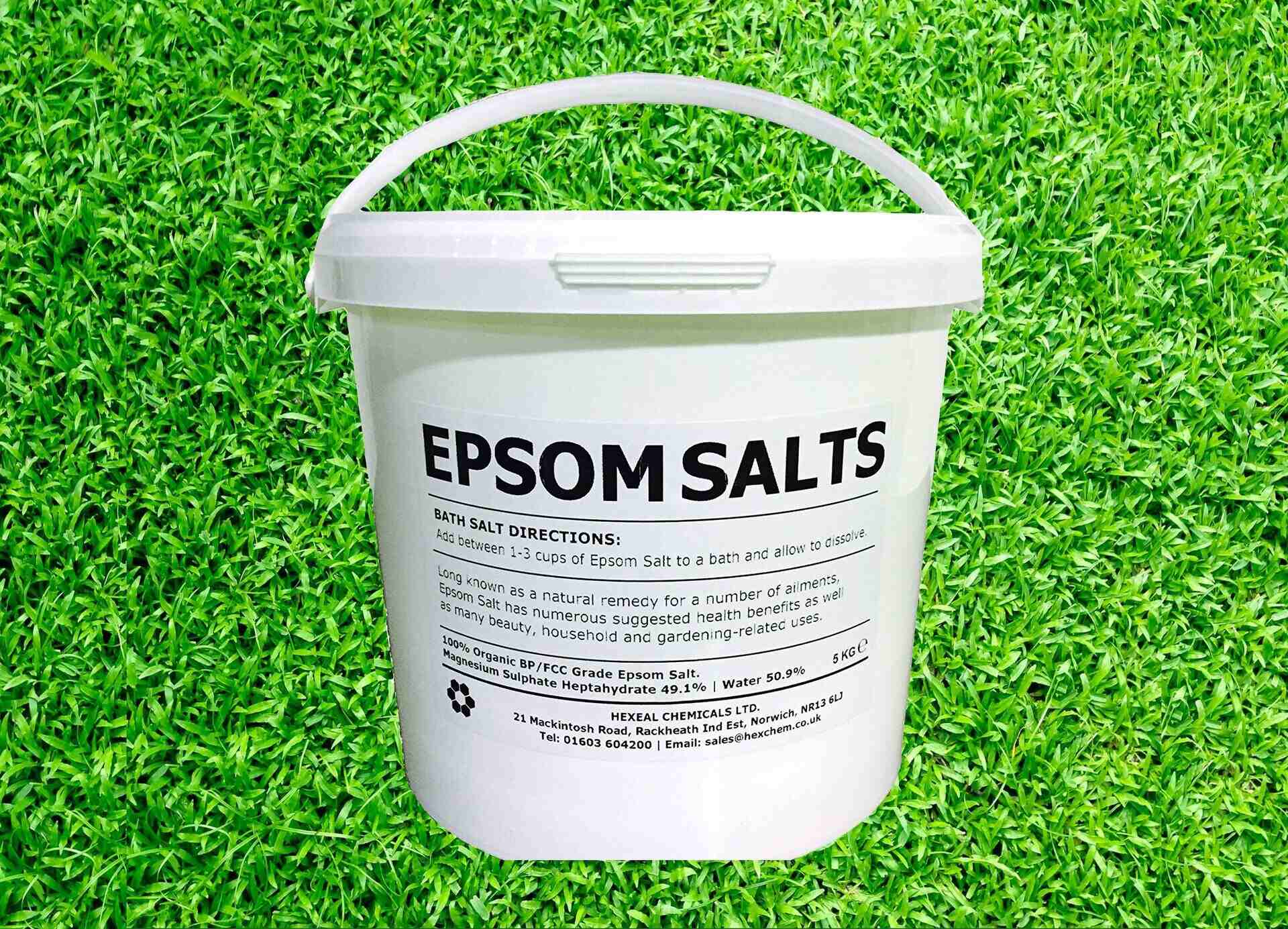

Landscaping Ideas
What Does Epsom Salt Do For Lawns
Published: December 25, 2023
Discover the benefits of using Epsom salt for your lawn with our expert landscaping ideas. Improve your lawn's health and appearance today!
(Many of the links in this article redirect to a specific reviewed product. Your purchase of these products through affiliate links helps to generate commission for Storables.com, at no extra cost. Learn more)
Introduction
When it comes to maintaining a lush, vibrant lawn, homeowners are often on the lookout for natural and effective solutions. One such solution that has gained popularity in the realm of lawn care is Epsom salt. This seemingly magical compound, with its versatile properties, has been touted as a game-changer for lawn health. But what exactly is Epsom salt, and how can it benefit your lawn? In this comprehensive guide, we will delve into the world of Epsom salt and explore its potential impact on your lawn's well-being.
Epsom salt, chemically known as magnesium sulfate, has long been celebrated for its therapeutic uses, from soothing sore muscles to promoting relaxation. However, its benefits extend beyond the realm of human wellness, as it can also play a pivotal role in nurturing the health and vitality of your lawn. By understanding the science behind Epsom salt and its interaction with grass and soil, you can harness its potential to cultivate a greener, more resilient lawn.
Throughout this article, we will uncover the multifaceted benefits of Epsom salt for lawns, ranging from bolstering nutrient uptake to addressing common issues such as yellowing or lackluster growth. Additionally, we will provide practical insights into how to effectively apply Epsom salt to your lawn, ensuring that you can make the most of this natural remedy while avoiding potential pitfalls.
As we embark on this exploration of Epsom salt's role in lawn care, it's important to approach the topic with a curious and discerning mindset. While Epsom salt has garnered a dedicated following among gardening enthusiasts, it's essential to weigh its potential benefits against any considerations or precautions. By the end of this guide, you will be equipped with the knowledge to make informed decisions about incorporating Epsom salt into your lawn care regimen, ultimately nurturing a verdant and thriving outdoor oasis for relaxation and recreation.
Key Takeaways:
- Epsom salt can boost your lawn’s health by providing essential nutrients like magnesium and sulfur, promoting lush growth and resilience to stressors.
- Applying Epsom salt to your lawn can enhance soil structure, address yellowing, and support seed germination, but it’s important to use it in moderation and consider soil testing.
Read more: What Does Epsom Salt Do To Grass
What Is Epsom Salt?
Epsom salt, scientifically known as magnesium sulfate, is a naturally occurring mineral compound that has been cherished for centuries due to its diverse applications. Despite its name, Epsom salt is not actually a type of salt as we commonly think of it, such as table salt. Instead, it consists of magnesium, sulfur, and oxygen, and it is named after the town of Epsom in Surrey, England, where it was first discovered in mineral springs.
One of the key components of Epsom salt is magnesium, an essential nutrient that plays a critical role in the growth and overall health of plants, including grass. Magnesium is a central element in the chlorophyll molecule, which is responsible for the green pigment in plants and is vital for photosynthesis. Additionally, magnesium aids in the activation of enzymes that are involved in various metabolic processes within the plant, contributing to its overall vitality and resilience.
Furthermore, the sulfur present in Epsom salt is another crucial element for plant growth. Sulfur is integral to the production of amino acids, which are the building blocks of proteins. It also facilitates the efficient uptake of essential nutrients, such as nitrogen, phosphorus, and potassium, by the plant roots. This, in turn, promotes robust growth, vibrant color, and improved stress tolerance in grass and other plants.
When dissolved in water, Epsom salt dissociates into its constituent ions, magnesium and sulfate. This allows for easy absorption by plant roots, making it an accessible source of these vital nutrients for your lawn. Whether applied as a foliar spray or as a soil amendment, Epsom salt can contribute to the overall well-being of your lawn by addressing nutrient deficiencies and enhancing its resilience to environmental stressors.
While Epsom salt is celebrated for its potential benefits in promoting plant health, it is important to exercise caution and moderation in its application. As with any lawn care product, understanding the specific needs of your lawn and the underlying causes of any issues is crucial in determining the appropriate use of Epsom salt. By integrating this knowledge into your lawn care practices, you can harness the potential of Epsom salt to foster a flourishing and vibrant lawn.
Benefits of Epsom Salt for Lawns
Integrating Epsom salt into your lawn care routine can yield a myriad of benefits, contributing to the overall health and vitality of your grass. Understanding these potential advantages can empower you to make informed decisions about incorporating Epsom salt into your lawn care regimen. Let’s explore the key benefits that Epsom salt can offer for your lawn:
- Promotes Nutrient Uptake: Epsom salt, with its rich reserves of magnesium, serves as a valuable supplement for your lawn’s nutrient intake. Magnesium plays a pivotal role in chlorophyll production, enhancing the lawn’s ability to harness sunlight and convert it into energy through photosynthesis. This, in turn, can result in lush, vibrant foliage and robust growth.
- Enhances Soil Structure: The magnesium and sulfur in Epsom salt can contribute to improving soil structure, particularly in clay or compacted soils. By fostering better soil aeration and drainage, Epsom salt can create a more hospitable environment for grass roots to thrive, promoting healthier and deeper root systems.
- Addresses Yellowing and Stunted Growth: Grass that exhibits signs of yellowing or slow growth may benefit from the application of Epsom salt. These symptoms can often be indicative of magnesium deficiency, and supplementing the soil with Epsom salt can help alleviate these issues, leading to greener, more vigorous grass.
- Boosts Stress Tolerance: Epsom salt can bolster your lawn’s resilience to environmental stressors, such as extreme temperatures or drought conditions. The enhanced uptake of magnesium and sulfur can fortify the grass, making it better equipped to withstand adverse conditions and recover more effectively from stress-induced damage.
- Promotes Seed Germination: When establishing new grass through seeding, the use of Epsom salt can support the germination process. The magnesium and sulfur in Epsom salt can provide the young seedlings with essential nutrients, setting the stage for healthy establishment and robust early growth.
By leveraging the potential benefits of Epsom salt for your lawn, you can nurture a resilient, vibrant expanse of grass that serves as a welcoming backdrop for outdoor activities and relaxation. However, it’s important to approach the application of Epsom salt with care and consideration, taking into account the specific needs of your lawn and any existing soil conditions. With a balanced approach, Epsom salt can be a valuable ally in your quest for a thriving and picturesque lawn.
Tip: Epsom salt can help improve the health of your lawn by providing magnesium and sulfur, which are essential nutrients for plant growth. It can also help with seed germination and overall greenness of the grass. However, it’s important to use it sparingly to avoid over-fertilization.
How to Use Epsom Salt on Lawns
Integrating Epsom salt into your lawn care routine involves strategic application methods to ensure optimal absorption and efficacy. By following these guidelines, you can harness the potential benefits of Epsom salt while minimizing the risk of overuse or improper application:
- Soil Application: One of the primary methods of using Epsom salt on lawns involves applying it directly to the soil. This can be achieved by dissolving Epsom salt in water and using a sprayer to distribute the solution evenly across the lawn. A general recommendation is to use 3 pounds of Epsom salt for every 1,250 square feet of lawn area. This method allows the magnesium and sulfur to permeate the soil, enhancing nutrient availability for the grass roots.
- Foliar Spray: Another approach is to administer Epsom salt as a foliar spray, where the solution is directly applied to the grass foliage. This method can be particularly beneficial for addressing magnesium deficiency symptoms, such as yellowing leaves. To create a foliar spray, dissolve Epsom salt in water and evenly coat the grass blades with the solution. It’s advisable to apply the spray in the early morning or late afternoon to minimize the risk of leaf scorching from the sun.
- Seed Starting: When seeding a new lawn or overseeding existing grass, incorporating Epsom salt into the process can support the germination and early growth of the seeds. Mix Epsom salt with the grass seed before spreading it across the prepared soil. This can provide the emerging seedlings with a nutrient boost, setting the stage for vigorous establishment and robust growth.
- Considerations: While using Epsom salt on lawns can offer various benefits, it’s essential to exercise caution and moderation. Overapplication of Epsom salt can lead to an imbalance of nutrients in the soil, potentially causing harm to the grass and other plants. Additionally, it’s advisable to conduct a soil test to assess the existing nutrient levels before applying Epsom salt, ensuring that its use is targeted and appropriate for your lawn’s specific needs.
By adopting these targeted approaches to using Epsom salt on lawns, you can harness its potential to bolster the health and vitality of your grass. Whether as a soil amendment, foliar spray, or seed starting aid, Epsom salt can be a valuable ally in your quest for a resilient and flourishing lawn. By integrating this natural remedy into your lawn care practices with care and consideration, you can cultivate an outdoor oasis that invites leisure and relaxation amidst a verdant expanse of lush, vibrant grass.
Precautions and Considerations
While Epsom salt can offer notable benefits for lawns, it’s important to approach its use with a mindful and informed perspective, considering potential precautions and key considerations. By taking these factors into account, you can optimize the effectiveness of Epsom salt while safeguarding the well-being of your lawn:
- Soil Testing: Before incorporating Epsom salt into your lawn care regimen, conducting a soil test can provide valuable insights into the existing nutrient levels and any potential deficiencies. This can guide the targeted use of Epsom salt, ensuring that its application aligns with the specific needs of your lawn and minimizes the risk of over-fertilization.
- Proper Dosage: While Epsom salt can be beneficial for lawns, it’s crucial to adhere to recommended dosage guidelines. Overapplication of Epsom salt can disrupt the balance of nutrients in the soil, potentially leading to adverse effects on the grass and other plants. By following prescribed usage rates and avoiding excessive application, you can harness the benefits of Epsom salt without compromising the overall health of your lawn.
- Environmental Impact: When using Epsom salt on lawns, it’s important to be mindful of its potential impact on the surrounding environment. Excessive runoff of Epsom salt into water bodies can contribute to nutrient imbalances and ecological disturbances. To mitigate this risk, ensure that application is carried out in a responsible manner, considering factors such as weather conditions and proximity to water sources.
- Monitoring Results: After applying Epsom salt to your lawn, monitoring the response of the grass can provide valuable feedback on its effectiveness. Observing changes in foliage color, growth patterns, and overall vitality can guide future decisions regarding the use of Epsom salt, allowing for adjustments based on the specific needs of your lawn.
- Consulting Experts: If you have concerns or questions regarding the use of Epsom salt on your lawn, seeking guidance from gardening experts or horticulturists can offer valuable insights. Their expertise can help ensure that the application of Epsom salt aligns with best practices and is tailored to the unique characteristics of your lawn.
By approaching the use of Epsom salt with a thoughtful and cautious mindset, you can harness its potential benefits while mitigating potential risks. When integrated into a holistic lawn care strategy that considers the specific needs of your grass and soil, Epsom salt can serve as a valuable tool in nurturing a resilient, vibrant lawn that enhances the beauty and enjoyment of your outdoor space.
Conclusion
As we conclude our exploration of the role of Epsom salt in lawn care, it’s evident that this natural compound holds significant potential for nurturing the health and vitality of your grass. From promoting nutrient uptake to addressing common issues such as yellowing and stunted growth, Epsom salt offers a multifaceted approach to enhancing the resilience and vibrancy of your lawn. By leveraging its benefits with care and consideration, you can cultivate a verdant expanse of grass that serves as a welcoming outdoor retreat for leisure and relaxation.
However, it’s important to approach the use of Epsom salt with a discerning mindset, taking into account key precautions and considerations. By conducting soil tests, adhering to recommended dosage guidelines, and monitoring the environmental impact, you can optimize the effectiveness of Epsom salt while safeguarding the well-being of your lawn and the surrounding ecosystem. Additionally, seeking guidance from gardening experts can provide valuable insights into the targeted and responsible use of Epsom salt, ensuring that it aligns with best practices and is tailored to the unique characteristics of your lawn.
Ultimately, the integration of Epsom salt into your lawn care regimen represents a harmonious union of natural remedies and scientific understanding, working in tandem to foster a resilient and picturesque lawn. By embracing the potential benefits of Epsom salt while remaining mindful of its appropriate use, you can embark on a journey to cultivate an outdoor oasis that invites moments of tranquility and connection with nature.
As you embark on this journey, may your lawn flourish with the vibrant greenery and vitality that Epsom salt can help foster, creating a backdrop for cherished memories and moments of respite amidst the beauty of nature.
Frequently Asked Questions about What Does Epsom Salt Do For Lawns
Was this page helpful?
At Storables.com, we guarantee accurate and reliable information. Our content, validated by Expert Board Contributors, is crafted following stringent Editorial Policies. We're committed to providing you with well-researched, expert-backed insights for all your informational needs.

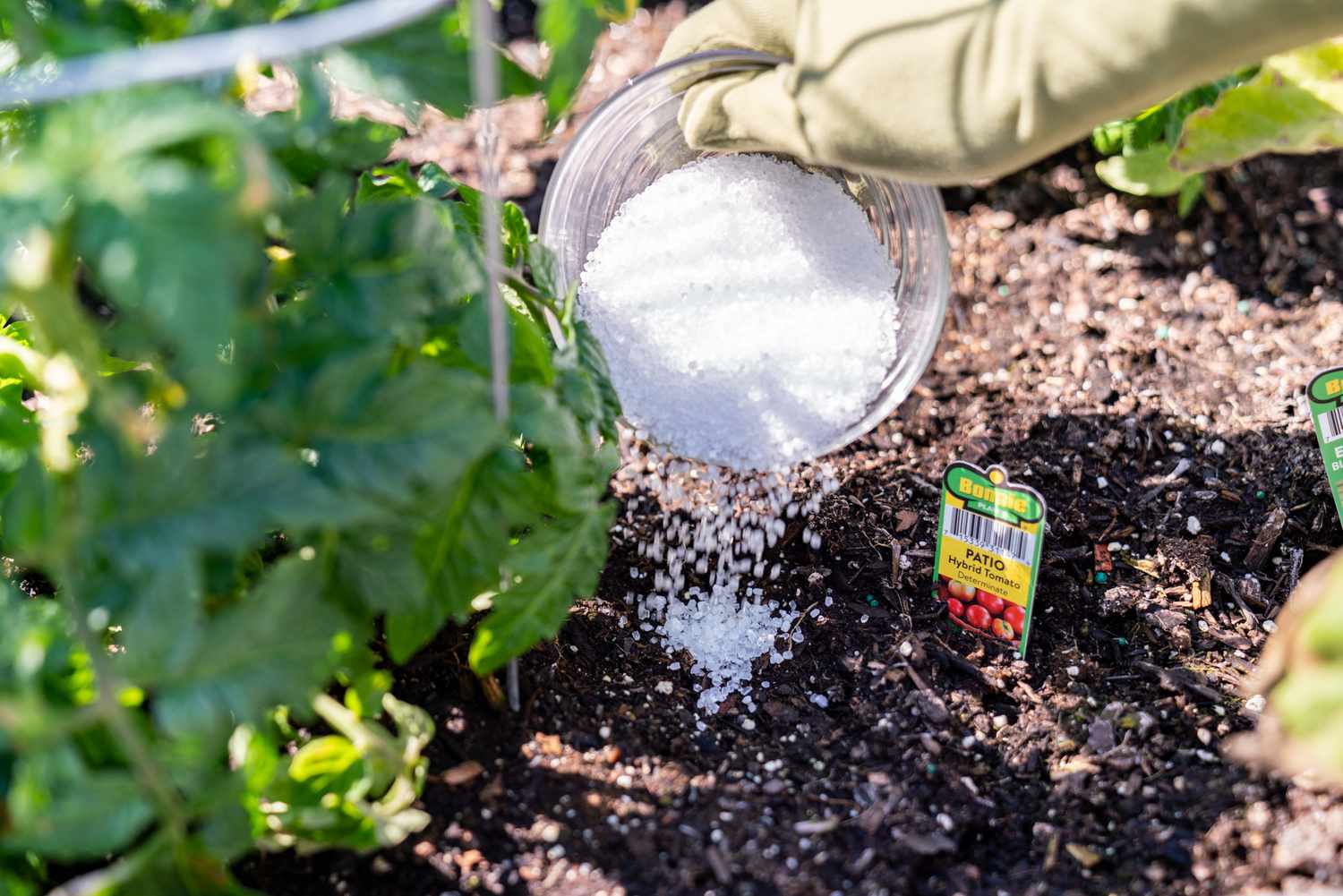



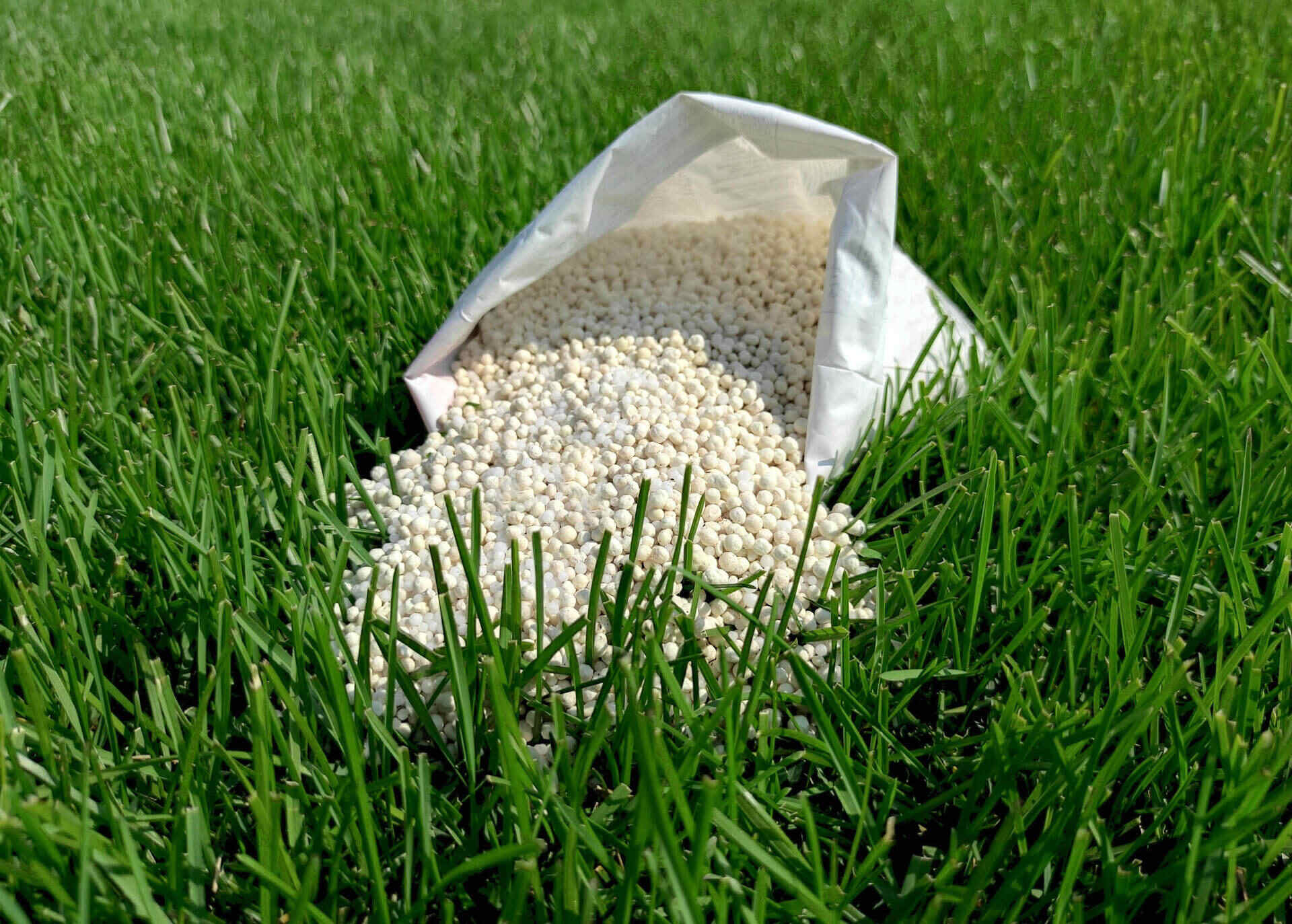
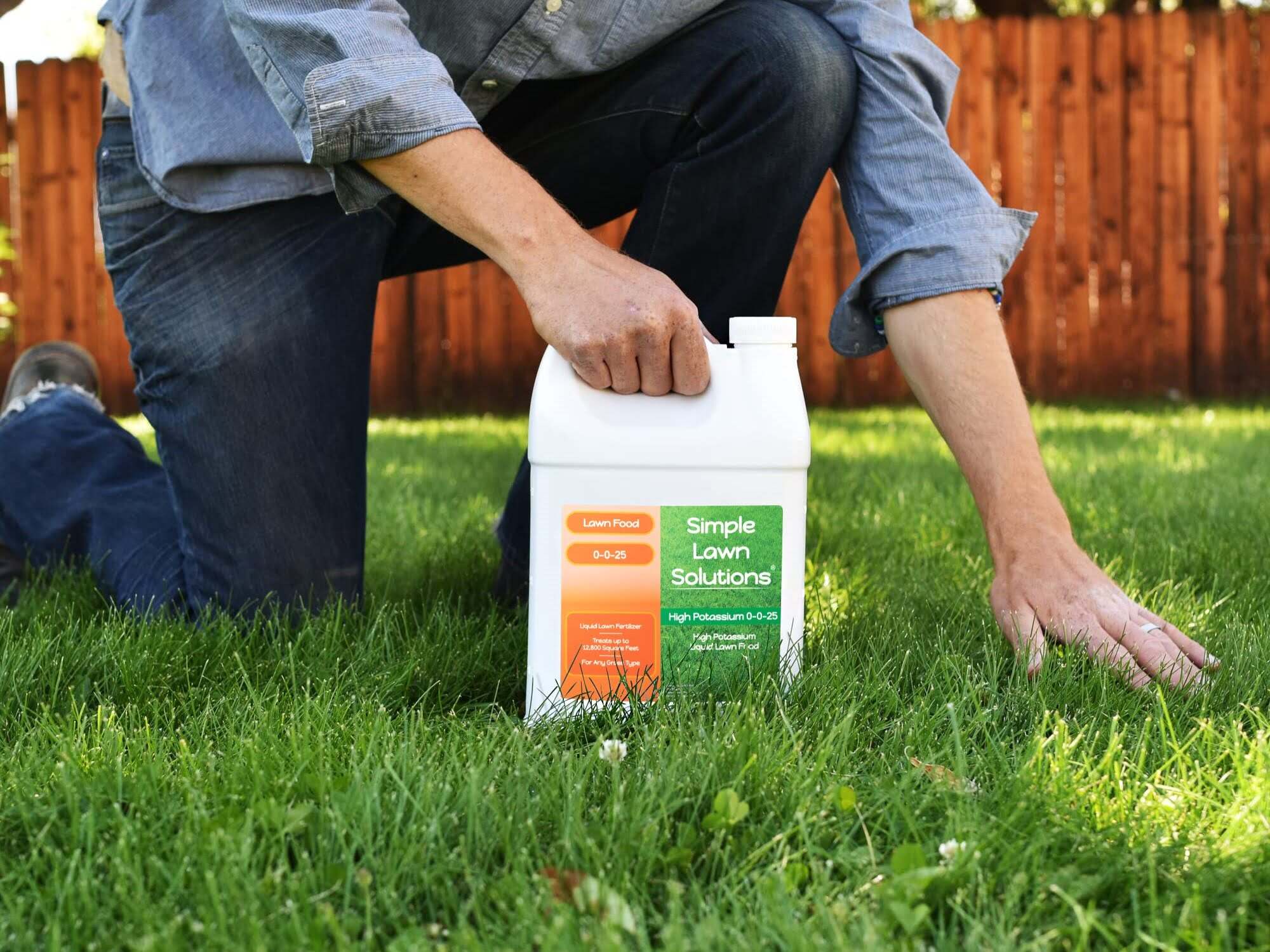
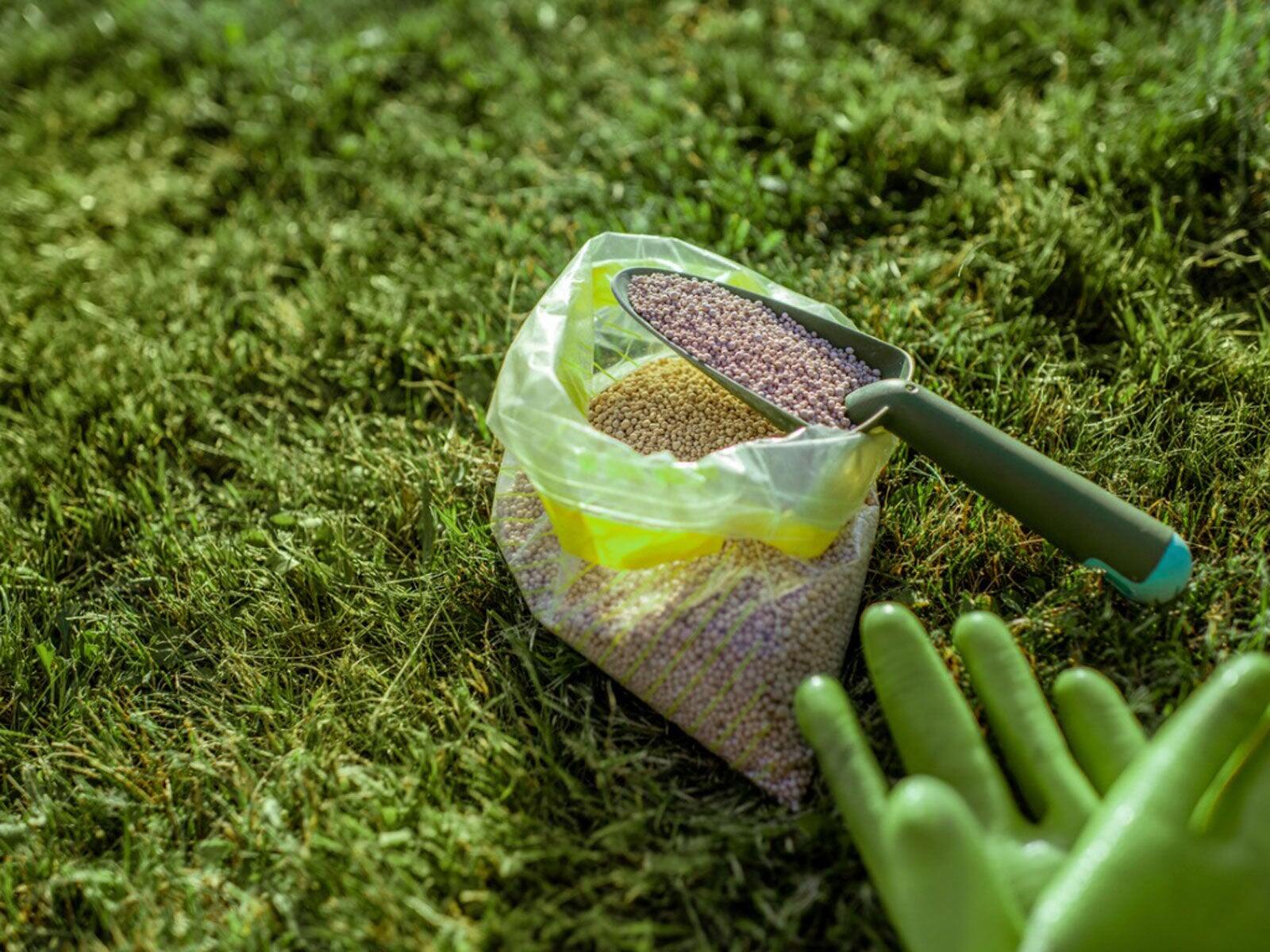



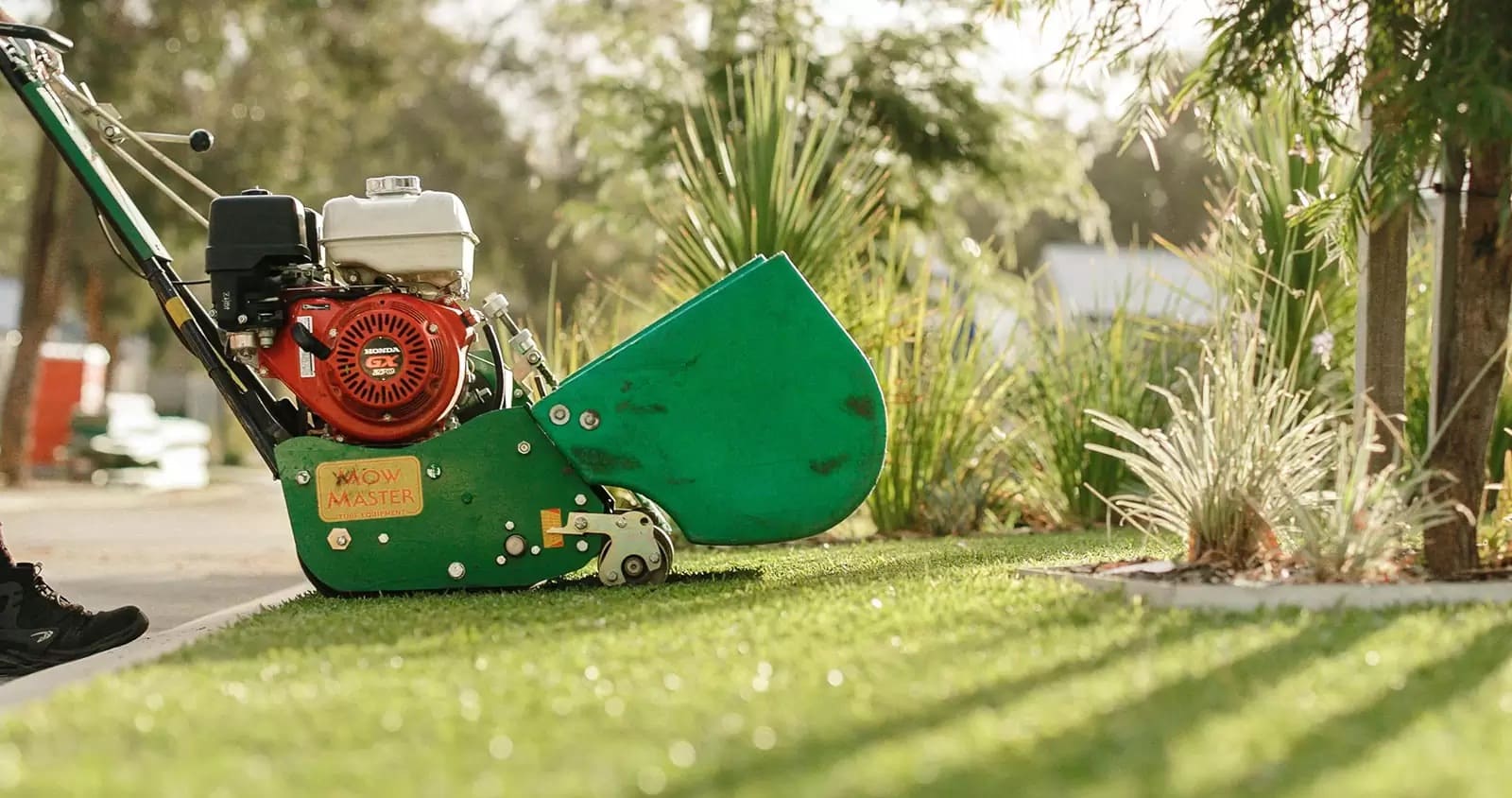



0 thoughts on “What Does Epsom Salt Do For Lawns”